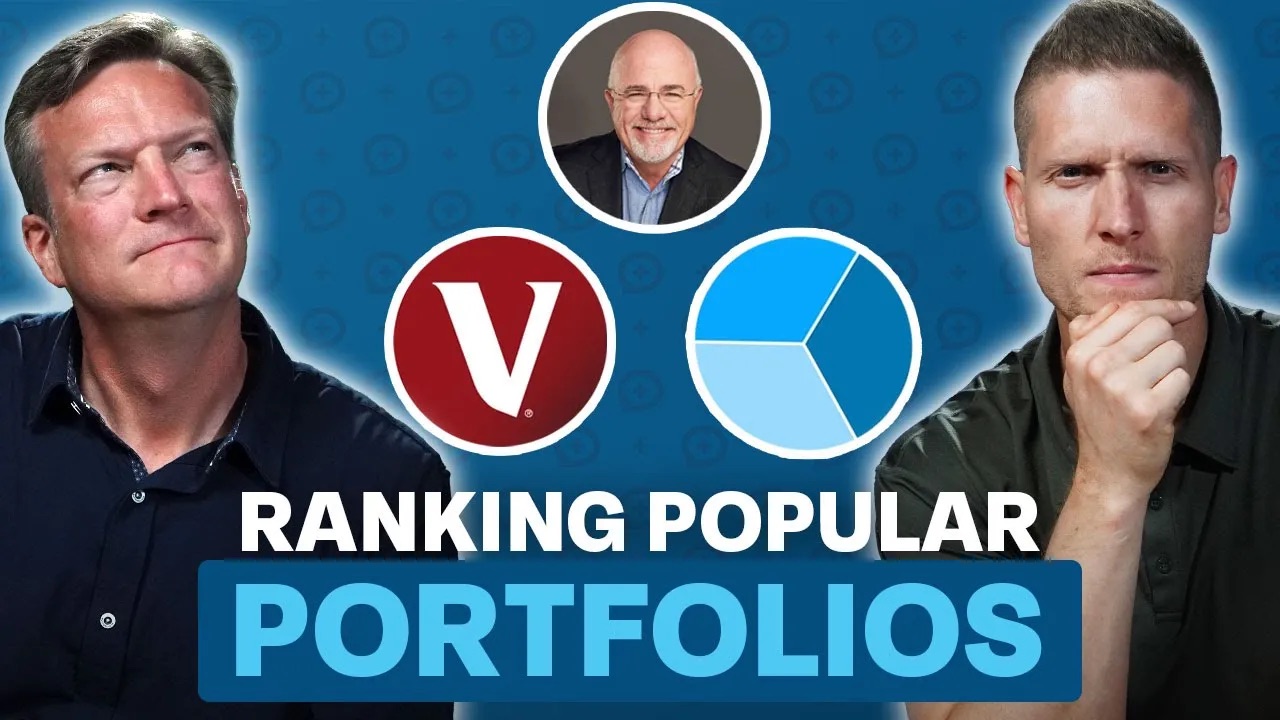This will sound like bragging, but it isn’t uncommon for others to want to do what we do for a living at Money Guy and Abound Wealth Management. Helping others make sound financial decisions is an attractive career path for those that love personal finance and want to help others. Unfortunately, not everyone that becomes a financial advisor ends up helping others and some even take advantage of others. Here’s how advisors at our firm got to where they are and how you can start on your own path to becoming a financial advisor.
There are so many designations out there for financial advisors, but the designation with the highest ethical and professional standards is the CFP® certification. If you want to become a financial advisor, you’ll first want to complete the CERTIFIED FINANCIAL PLANNER™ certification requirements.
Education requirements
You are required to complete a bachelor’s degree program to become a CFP® professional, but it doesn’t need to be in a related field. There are additional education requirements to complete unless you graduate with a degree that satisfies those requirements (many universities, including the University of Georgia, offer financial planning degrees that satisfy the education requirements).
I was fortunate enough to graduate with a degree that met all education requirements, but most at our firm completed their financial planning coursework after college. Many education programs are available online. Boston University offers one of the more popular CFP® programs, but there are hundreds of programs available to view on the CFP Board website. Note: we are not affiliated with Boston University in any way, we have just had a lot of advisors choose and enjoy their CFP® program.
Passing the exam
You can take the exam as soon as you complete the education requirements, but that would be unwise. The CFP® exam is difficult, and completing a rigorous 3-4 month study program before the exam is highly recommended. The Brett Danko and Ken Zahn exam prep and live review are two of the more popular options available. These programs in particular have some of the highest success rates in helping advisors pass the exam. I took the Brett Danko prep and couldn’t be happier with how prepared I was for the exam and how thorough his prep and review were.
Passing the exam is not easy and is a very big accomplishment. It requires sacrifices from not only you, but family members, friends, spouse, or children that are in the picture. It is not uncommon for aspiring CFP® candidates to set aside at least a couple hours every day to study for the 3-4 months leading up to the exam. I remember how miserable I was when studying for the exam and am so glad I am on the other side!
Finding a job
To become a CFP® professional you must meet the experience requirement, which requires either 4,000 hours of experience on an apprenticeship pathway or 6,000 hours of experience related to the financial planning process. These experience requirements are outlined on the CFP Board website. We feel strongly that fiduciary, fee-only financial planning is the least-conflicted compensation method available for financial advisors.
Other advisors that are fee-based or commission-based may receive money from the products they sell to clients instead of being paid by the client for their services directly. This creates an obvious conflict of interest. Would you rather make more money selling an inferior product or recommend what is best for the client? It may be easier to make a living selling products, but if you are getting into financial planning for the right reasons you will likely want to work for a fiduciary, fee-only firm.
Our firm, Abound Wealth Management, is of course a fiduciary, fee-only firm. You can view currently available positions on our website. Networking is extremely important to landing your first job. Join groups like your local chapter of NAPFA, a group for fee-only financial advisors across the country. There are plenty of conferences and events across the country where advisors are looking to hire the next member of their firm. Independent, fee-only RIAs are growing nationwide, and they are hiring entry-level advisors who have or are working towards becoming a CFP® professional.
Do I need to have experience in finance?
One of the most commonly-asked questions we get is whether or not you need extensive experience in finance to become a financial advisor. The short answer is no, as long as you are willing to put in the work required to get there. We have several career-changers at our firm, including a former engineer, doctor, and several former clients. It is never too late to make a change if you are unhappy with what you do for a living or want to pursue something you have more passion for. It can be a humbling experience for career changers to essentially take a step back in both pay and career status when starting out. It takes years of working in the field and learning to develop mastery. That is not always easy when you have had previous success in another field and your training class includes peers that recently graduated.
Becoming a good financial advisor isn’t easy, but it is a career that can be incredibly rewarding. Expect to help families achieve their lifelong financial goals, like retiring early, paying for their kids’ college, or buying their dream home. You’ll be there for them in good times and bad, and will often feel more like a money therapist than a financial advisor. The need for financial advisors isn’t going anywhere, and is a path you can choose no matter what stage of your career you are currently at.













